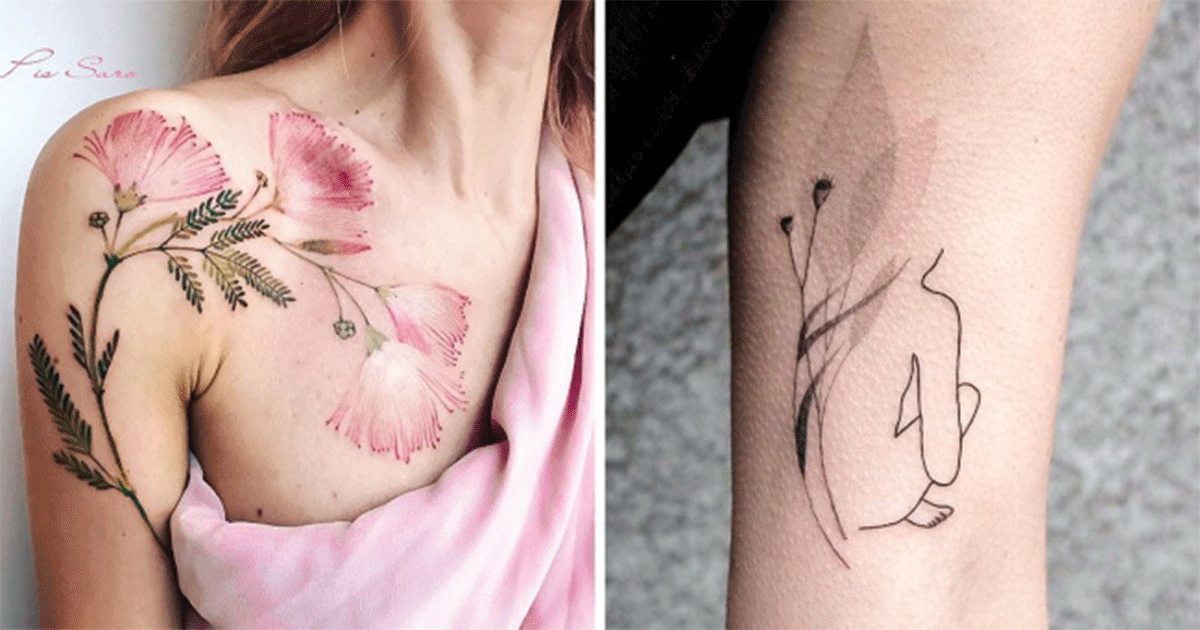50 Illustrations Showing The Cultural Differences Between Japan And Other Countries!
50 Illustrations Showing the Cultural Differences Between Japan and Other Countries
Japan is a country known for its rich cultural heritage and unique customs, many of which can be quite different from those found in other parts of the world. The following illustrations depict 50 common cultural differences between Japan and other countries, showcasing the fascinating contrasts in behavior, etiquette, and societal norms. These cultural nuances provide insight into Japan’s distinctive way of life and how it compares with global practices.
1. Politeness and Respect
•Japan: Bowing is a traditional greeting and sign of respect, used in formal situations.
•Other countries: Handshakes or hugs are more common greetings, especially in the West.
2. Shoes Indoors
•Japan: Shoes are always removed before entering someone’s home, and indoor slippers are provided.
•Other countries: In many Western countries, it’s acceptable to wear shoes indoors.
3. Queueing
•Japan: People form neat, orderly lines when waiting for anything, from buses to trains.
•Other countries: In some cultures, queues are less organized, with a more relaxed approach to waiting.
4. Silence in Public Spaces
•Japan: Silence is valued on public transport, and speaking loudly is considered rude.
•Other countries: In some places, public transport is lively, with people engaging in loud conversations.
5. Gift-Giving Etiquette
•Japan: Gifts are given with both hands, and it’s important to offer a gift that reflects the recipient’s status.
•Other countries: Gift-giving is more casual, and one-handed exchanges are common.
6. Tipping
•Japan: Tipping is not practiced and is sometimes considered rude.
•Other countries: In countries like the U.S., tipping is expected and often considered a mark of appreciation.
7. Personal Space
•Japan: Personal space is highly respected, and people avoid physical contact, even in crowded places.
•Other countries: In some cultures, close contact, such as hugging or cheek kissing, is a common way to greet.
8. Public Bathrooms
•Japan: Public bathrooms often have high-tech toilets with multiple functions, including heated seats and bidets.
•Other countries: Most public bathrooms in Western countries have simpler, more utilitarian toilet designs.
9. Apologies
•Japan: Apologizing frequently, even for minor inconveniences, is part of the culture.
•Other countries: In some places, people apologize less often and only when necessary.
10. Respect for Elders
•Japan: Elders are highly respected, and there are formal ways to address and interact with them.
•Other countries: While respect for elders exists globally, it’s often less formalized in Western countries.
11. Work-Life Balance
•Japan: Long working hours are common, and leaving work before your boss is considered impolite.
•Other countries: Many Western countries emphasize work-life balance and encourage leaving work on time.
12. Food Portions
•Japan: Portions are typically smaller, and meals are more balanced, with emphasis on freshness and presentation.
•Other countries: In countries like the U.S., portions tend to be larger, with a focus on quantity.
13. Trash Disposal
•Japan: People separate trash meticulously into categories like burnable, non-burnable, and recyclables.
•Other countries: In many countries, trash separation is less strict, with fewer categories.
14. Noise in Restaurants
•Japan: Slurping noodles is considered a compliment to the chef and is perfectly acceptable.
•Other countries: In many Western cultures, slurping is seen as impolite and bad table manners.
15. Convenience Stores
•Japan: Convenience stores (known as konbini) offer a wide range of services, including paying bills, buying concert tickets, and high-quality food.
•Other countries: In many places, convenience stores are limited to basic groceries and snacks.
16. Taking Photos
•Japan: People are generally more reserved about taking photos of others, particularly in public spaces.
•Other countries: In many countries, people take photos freely, sometimes without considering the privacy of others.
17. School Uniforms
•Japan: Almost all students wear uniforms, which are strictly enforced.
•Other countries: In many Western countries, school uniforms are less common, and casual clothes are allowed.
18. Public Drinking
•Japan: Drinking alcohol in public spaces like parks is generally acceptable and common during events like hanami (cherry blossom viewing).
•Other countries: In many places, public drinking is restricted or illegal.
19. Payment Methods
•Japan: Cash is still the dominant method of payment, although credit cards and digital wallets are gaining popularity.
•Other countries: Many Western countries, especially the U.S. and Europe, have largely moved toward credit card and mobile payments.
20. Business Cards
•Japan: Exchanging business cards is a formal ritual, and cards are given and received with both hands.
•Other countries: Business card exchanges are more casual, often done with one hand and without the formalities.
21. Shoes in Schools
•Japan: Students wear indoor shoes at school and leave their outdoor shoes at the entrance.
•Other countries: In many Western schools, students wear the same shoes indoors and outdoors.
22. Public Transportation
•Japan: Trains and buses run with remarkable punctuality, and people follow strict boarding and seating etiquette.
•Other countries: Public transportation systems in some countries may be less punctual, with more relaxed social norms.
23. Bathing Culture
•Japan: Public baths (onsen and sento) are common, and bathing is seen as a relaxing, communal experience.
•Other countries: Public bathing is rare, and bathing is typically a private activity in most Western countries.
24. Gift Wrapping
•Japan: Gifts are wrapped with great care, and presentation is highly valued.
•Other countries: In many countries, gifts are often wrapped more casually or not at all.
25. Eating on the Go
•Japan: Eating while walking or on public transport is considered impolite.
•Other countries: In many Western cultures, eating on the go is common and widely accepted.
26. Customer Service
•Japan: Customer service is exceptionally polite and attentive, with staff often bowing to customers.
•Other countries: Customer service in Western countries is generally less formal, with more casual interactions.
27. Children’s Independence
•Japan: It’s common for young children to walk to school alone or use public transportation.
•Other countries: In many places, parents accompany children to school or use school buses for safety reasons.
28. Fashion
•Japan: Fashion trends, particularly in places like Harajuku, often lean toward bold, avant-garde styles.
•Other countries: Western fashion tends to follow a mix of trends, but bold street styles are less mainstream.
29. Food Sharing
•Japan: In communal dining, it’s common to use the back end of chopsticks to serve food from shared dishes.
•Other countries: In many places, serving food directly from shared plates with personal utensils is acceptable.
30. Hotel Rooms
•Japan: Hotel rooms often come with amenities like pajamas, slippers, and elaborate bidet-equipped toilets.
•Other countries: While some hotels offer these amenities, many Western hotels focus on simpler accommodations.
31. Train Etiquette
•Japan: Priority seating for elderly, pregnant, or disabled individuals is strictly observed.
•Other countries: Priority seating exists in many countries but is not always followed as rigorously.
32. Addressing People
•Japan: It’s customary to use honorifics like “-san” when addressing others, even in casual settings.
•Other countries: Honorifics are used less frequently in casual speech in Western cultures.
33. Vending Machines
•Japan: Vending machines are ubiquitous, selling everything from drinks to hot meals.
•Other countries: Vending machines are common but often limited to snacks and drinks.
34. Table Manners
•Japan: Sticking chopsticks upright in a bowl of rice is taboo, as it resembles a funeral ritual.
•Other countries: There are fewer specific taboos related to utensils in Western dining.
35. Waste Disposal in Public
•Japan: Trash cans in public spaces are rare, yet people take their trash home to dispose of it properly.
•Other countries: Public trash bins are more common, and people dispose of waste in them frequently.
36. New Year Celebrations
•Japan: New Year is a time for quiet reflection, family gatherings, and traditional rituals.
•Other countries: In many countries, New Year’s Eve is celebrated with loud














